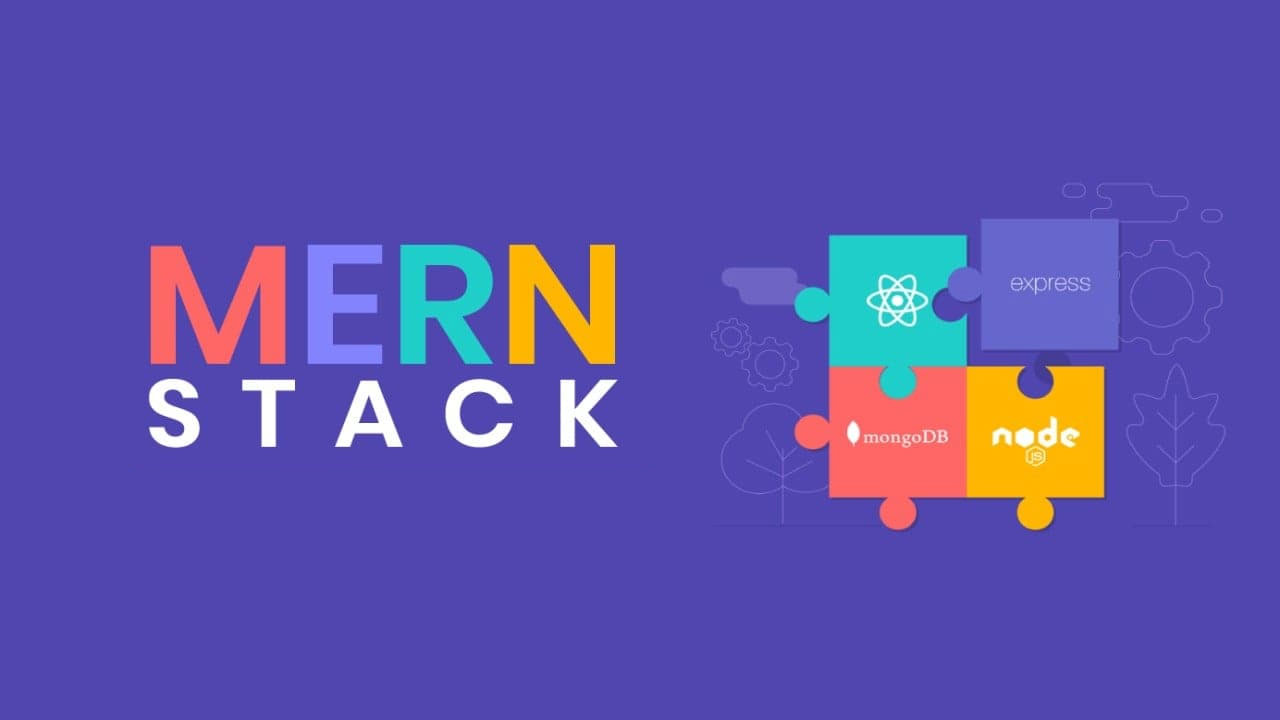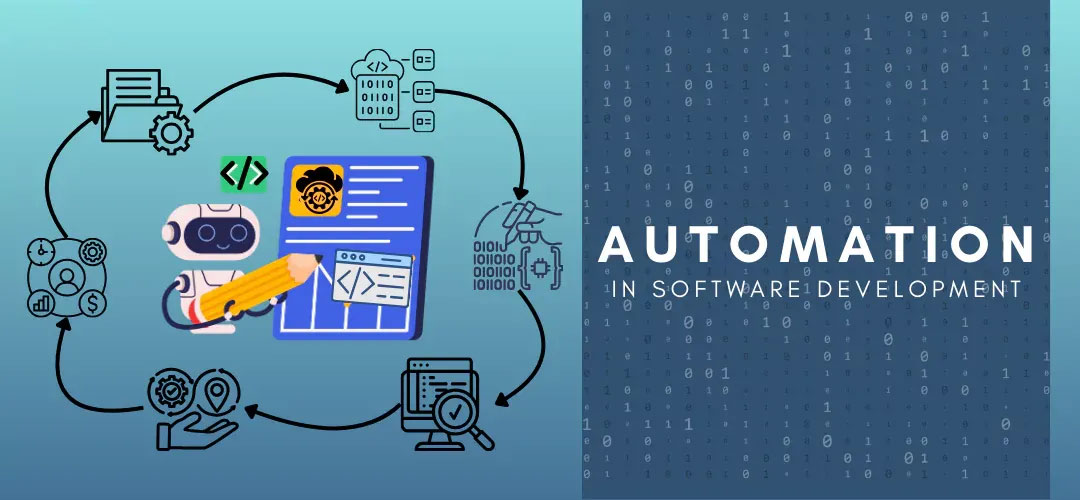
MERN Full Stack Web Development
A MERN stack course typically covers the fundamentals and advanced concepts of building web applications using the MERN stack. The MERN stack is made up of:
- MongoDB – A NoSQL database used for storing data.
- Express.js – A web application framework for Node.js, used to handle server-side logic.
- React.js – A front-end JavaScript library used for building user interfaces.
- Node.js – A runtime environment to execute JavaScript code on the server side.
Key Topics in a MERN Stack Course:
1. Introduction to Web Development:
- Basic understanding of HTML, CSS, and JavaScript.
- Introduction to client-server architecture.
- Overview of front-end vs back-end.
2. React.js Basics:
- Setting up a React project.
- Understanding components, props, and state.
- JSX, event handling, and basic UI design.
- Routing with React Router.
- Using hooks like useState, useEffect, and custom hooks.
- Working with forms, and managing state and events.
3. Node.js and Express.js:
- Setting up a Node.js environment.
- Introduction to Express.js and routing.
- Middleware and handling requests and responses.
- Connecting Express with MongoDB (using Mongoose).
- REST API development (GET, POST, PUT, DELETE).
- Authentication (JWT, Passport.js).
- Handling errors, validation, and debugging.
4. MongoDB and Mongoose:
- Introduction to NoSQL databases and MongoDB.
- CRUD operations (Create, Read, Update, Delete) with MongoDB.
- Mongoose models and schemas for database interaction.
- Data validation and relationships (One-to-many, many-to-many).
5. Connecting the Frontend and Backend:
- Fetching data from a backend API to the frontend using Axios or Fetch.
- State management in React with Context API or Redux.
- Authentication and authorization flow.
- Error handling and UI updates based on API responses.
6. Deployment:
- Hosting the backend on cloud platforms (e.g., Heroku, AWS).
- Deploying the front-end (e.g., Netlify, Vercel).
- Configuring a production environment (environment variables, security).
- Handling database connections in production.
7. Advanced Topics:
- Real-time applications with WebSockets or Socket.io.
- Server-side rendering (SSR) with React.
- State management with Redux or Context API.
- GraphQL integration with MongoDB.
- Unit and integration testing with tools like Jest and Mocha.
- Performance optimization (e.g., lazy loading, code splitting).








